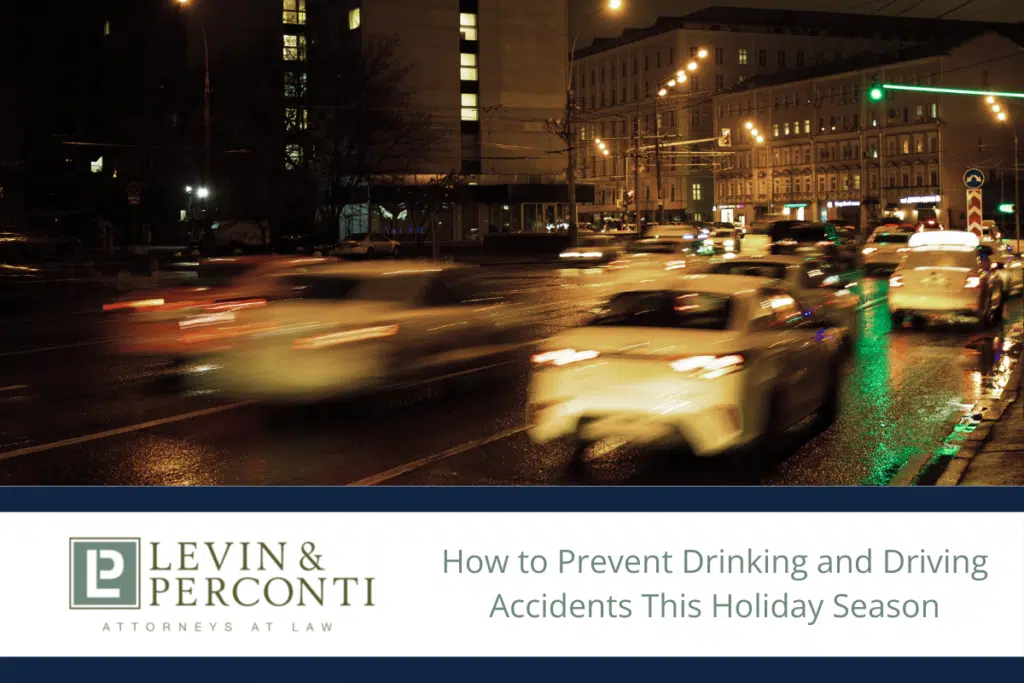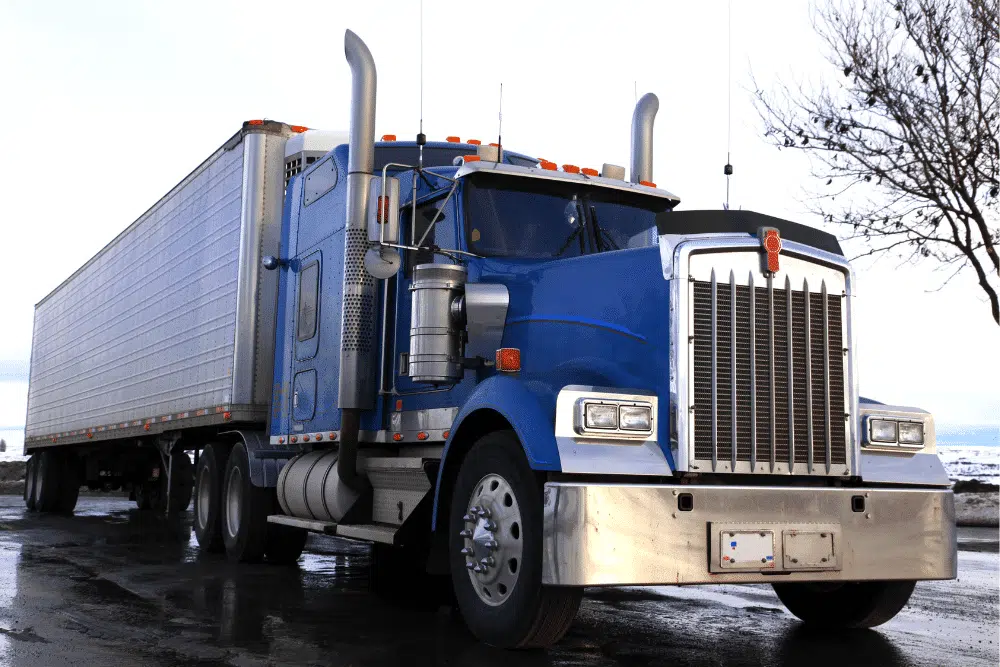Just last month, a 2005 Freightliner tractor-trailer was involved in a fatal automobile accident with a Lownders County school bus while traveling on Interstate 75. At the time of this accident, the truck was carrying an oversized load of large metal beams. The truck, along with all of its massive beams, collided with the rear-driver’s side of the school bus.
There were around 30 children on the bus. From this collision, 13 children were transported to a nearby hospital for injuries sustained. One student, 15 years of age, died as a result of her injuries she sustained from this incident.
The victims and their families involved in this case now face a decision. They may seek compensation from the tractor-trailer’s driver himself or from the truck’s Illinois-based tractor-trailer company under grounds of vicarious liability.
Vicarious Liability
In Illinois, under some circumstances, you may be capable of receiving compensation via vicarious liability. In short, and according to the Advisory, Conciliation and Arbitration Service, vicarious liability applies to situations where a person or entity is held to be responsible for the act(s) or omission(s) of another person. In tractor-trailer related accidents, where the truck driver was at fault, vicarious liability almost always applies. When this is the case, you, as the plaintiff, may sue the trucking company, or other related entity, instead of the truck driver.
Yet, for vicarious liability to apply, you must be able to prove two elements. It is well established that you must first show that there was a master-servant relationship. An example of this is an employee-employer relationship. Second, you must be able to show that the activity of the agent, or employee, was in the regular scope of his or her employment. In other words, at the time of the accident, the employee must have been performing his ordinary employment duties and not acting for his own personal benefit.
Negligence and the Statute of Limitations
If you are injured in a tractor-trailer-related accident, you may be entitled to compensation. This compensation includes, but is not limited to, medical expenses, pain and suffering, lost wages and emotional distress.
To ultimately receive compensation under Illinois’ vicarious liability law, you must be able to show that the truck driver was at least negligent in causing the auto accident. Illinois’ negligence law may appear convoluted to you. An attorney will help guide you through this process and assist in the gathering of evidence to best prove your case.
Please note that if you are unsuccessful at reaching an adequate settlement amount with the insurance company, you may opt to filing your case with the relevant Illinois court. Yet, please be aware that Illinois has a strict time limitation for doing so. This is termed the statute of limitations.
Take Action
If you were involved in an accident with a tractor-trailer and now suffer injuries, it is imperative that you hire an experienced personal injury attorney. The Chicago truck accident lawyers at Levin & Perconti have the experience needed to aggressively take on your case. Call us today at (312) 332-2872 to schedule a FREE consultation.





